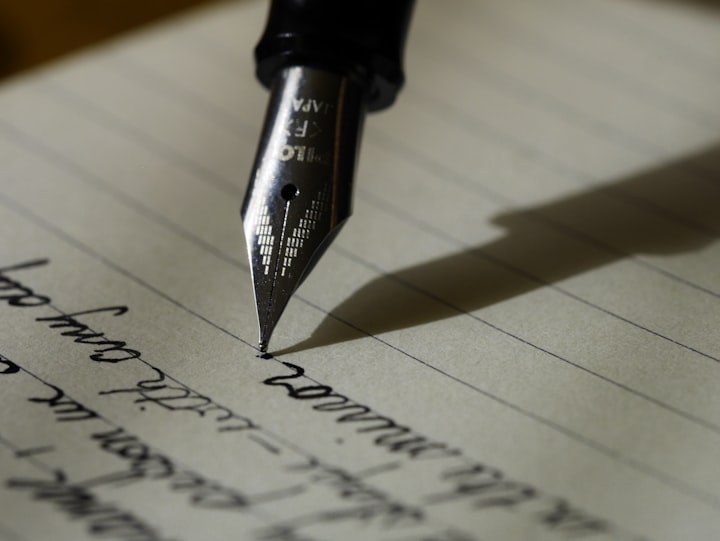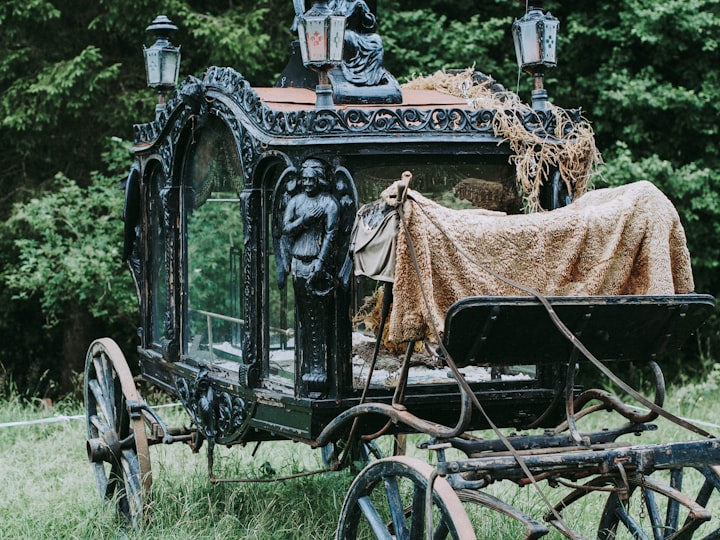How to write proper quality banter
Struggle writing memorable dialogue? Here are my top tips

There’s something special about reading high-quality banter in a manuscript.
When done right, it hits a spot that is equivalent to a memory you experienced yourself. It’ll have you wanting to message your mates instantly, or share it at a party with a drink in hand and quality company around you.
A proper quality line of banter is practically a dopamine hit for the reader.
But dialogue isn’t always easy. A lot of people come to me saying they struggle writing dialogue that feels authentic, flowy and like something that people will quote time & time again in social settings.
Here are my top tips on how to write proper quality banter that will have readers/viewers referencing it regularly in their own conversations.
AMP UP THE SARCASM:
Sarcasm and wittiness might come across as petty and bottom of the barrel to some, but done right, the subtle quips will have the reader going “OOOOOFT, GOT ‘EM”.
I find that sarcasm is the perfect gateway to further banter and allow for a portion of dialogue that develops a relationship between characters (whether platonic or romantic).
Ask yourself these questions:
-Where can your characters state the obvious? And where can another come up with a cheeky response to said obvious?
For example, in my current WIP, I have a scene where the MC and her love interest are looking over a view. She notices he’s looking at her and decides to be a bit cheeky by asking if he’s enjoying the view. He responds “everyday” to which she then responds, “I’m not a view.” I could have easily had some cheesy romantic moment there where they’re all doe-eyed and in love, but instead I decided to have him reply: “I know. No, I don’t. Do I see Manchester every day? Yes I do.” BOOM! Got her. But it doesn’t end there. The MC admits it was a good one and says: “Nice save.” Her love interest makes a football reference by replying: “Call me de Gea.” Here’s where the next piece of banter comes along.
“Of all the Manchester goalkeepers you could have come up with, you picked him?”
“Who else am I meant to say? Ederson? Scott Carson?”
“Peter Schmeichel, for God’s sake, Jack.”
So whilst he got her in that initial banter, she got him back by calling out his odd choice of goalkeeper selection. Hint: he completely forgot about Schmeichel. Nina:1, Jack: 1.
Where in your story can you shake it up with a bit of cheekiness?
LOCAL HUMOUR:
Never underestimate the power of local humour. Even if you’re writing fantasy, consider the type of humour that the locals use when worldbuilding.
During your research, immerse yourself in the humour of your setting. Each city, let alone country, has its own type of humour. Each culture has its own type of humour. British & Australian humour are different to American humour. Manchester humour is different to Zagreb humour (well, sort of- at their core, they’re quite similar but you get the point).
Another hot tip: delve into family humour. Each and every family have their own sort of humour. See how family dynamics, culture and experience play a role in this. This is also an interesting one if you’re writing about a migrant family too (e.g a family in Australia with Croatian heritage). How can you combine the original country’s with the country of residence’s humour?
DON’T *TRY* TO BANTER:
The harder you try, the more you’re going to sound like a try-hard. Let it flow. Let the words come to you. Don’t overthink it. Whatever comes at you, trust it.
Read it out loud when you’ve finished writing the scene. Does it sound like something people would say? Does it flow? Or does it sound robotic?
Some questions to ask:
When editing, ask if there’s a possibility to switch up some dialogue to create some extra banter.
How can a character be a little bit cheekier?
How can a character stump another character? How does their dynamic influence that?
Is there a way to make the banter a part of the character arc too? For example, maybe a character is shy with another character or lacks confidence and their moment of banter is a sign for not only the reader, but also the characters that they’ve experienced a profound sense of growth in a simple sentence.
BE YOURSELF:
I know there’s a lot of mmmm yeah nah, nah yeah about being yourself in your writing, but seriously: don’t be afraid to add your own sense of humour into your story.
If you’ve been struggling to find your voice in your writing, start here. If someone wants to have a bit of a whinge about it, that’s their thing. Don’t dim your light to fit into some version of a writer that you are not.
---
Writing dialogue, especially banter, doesn’t need to be tricky. With a bit of practice and applying these tips, you’re going to be a banter-writing superstar!
About the Creator
Monique Kostelac
Storyteller. Creativity Coach. Law grad (Bachelor of Laws/Bachelor of Intl Studies).
High chance I'm writing about Croatia & south-Eastern European history.






Comments
There are no comments for this story
Be the first to respond and start the conversation.